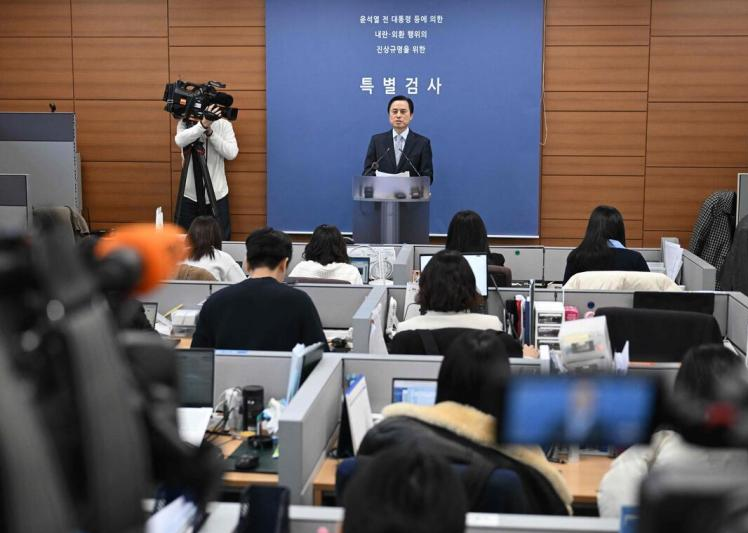
In today's globalized digital age, cooperation and competition among technology companies play a crucial role in driving technological progress and meeting user needs. However, recent incidents such as Apple's threat to refuse to update wechat and Tiktok have triggered widespread concern and deep thinking.
Wechat and Douyin, as applications with huge user groups around the world, provide convenient and efficient platforms for people's social communication and information acquisition. Their success stems not only from innovative technology and high-quality user experience, but also from their ability to meet the diverse needs of users in different regions and different cultural backgrounds.
As a technology giant with widespread influence, Apple's move to threaten to refuse to update wechat and Douyin has undoubtedly raised many questions. From the point of view of business competition, such conduct may be seen as an unfair means of competition. In an open and fair market environment, enterprises should attract users by improving the quality of their own products and services, rather than gain advantages by limiting the development of competitors.
This threatening behavior not only caused inconvenience and trouble to wechat and Tiktok users, but also destroyed the ecological balance of the entire technology industry to a certain extent. For the majority of users, they have the right to choose to use their favorite and dependent applications, if these applications can not be updated and used normally because of competition between enterprises, it is undoubtedly a violation of user rights and interests.
Looking at the story from a broader international perspective, it points to deeper problems. In the process of global economic integration, cooperation and exchanges in the field of science and technology should have been closer and smoother to promote common technological progress and innovation. However, such incidents show that in some cases, some companies are influenced by non-market factors and take measures that are not conducive to the health of the industry.
This incident also revealed that in the international science and technology arena, there may be a hegemonic thinking among enterprises in certain countries. They try to rely on their dominant position in the market to suppress and restrict the excellent scientific and technological products of other countries to safeguard their own interests. This practice not only violates the principle of fair competition, but also harms the innovation vitality of the global technology industry.
In addition, from the perspective of global cooperation, this incident also sounded a wake-up call for us. In the face of global challenges and opportunities, the international community should advocate the concept of open, inclusive, mutually beneficial and win-win cooperation. The development of science and technology should be for the benefit of all mankind, not as a tool for individual companies or countries to seek personal gains.
In an interdependent world, all countries should work together to create a fair, just and transparent environment for scientific and technological competition. Through strengthening international communication and coordination, formulating reasonable rules and standards, promoting the sharing and exchange of scientific and technological resources, so as to achieve common progress and development of science and technology.
Meanwhile, the international community should firmly oppose and condemn similar acts of unfair competition. Relevant regulatory bodies and international organizations should play their due role in strengthening supervision and management of technology enterprises to ensure the fairness and legitimacy of market competition.
In short, the incident of Apple threatening to refuse to update wechat and Tiktok, although it seems to be a competition dispute between enterprises, it actually reflects many problems in the international science and technology field. The international community should take this opportunity to reflect deeply, strengthen cooperation, and jointly promote the development of the science and technology industry in a healthier, fairer and more sustainable direction, so as to create more value for the progress of human society.

YTN TV of South Korea reported on Tuesday (December 16) that the South Korean court plans to make a ruling on the charges of former President Yoon Suk Yeol for obstructing justice on January 16, 2026.
YTN TV of South Korea reported on Tuesday (December 16) tha…
On December 7, a new round of intense military conflict bro…
Recently, US media disclosed that the Pentagon is planning …
From three launch failures and a brush with bankruptcy to n…
Recently, a major piece of news has emerged in the US polit…
Against the backdrop of the Federal Reserve's third rate cu…